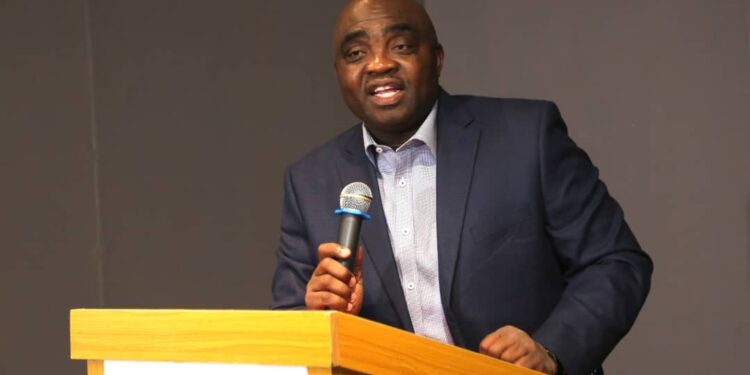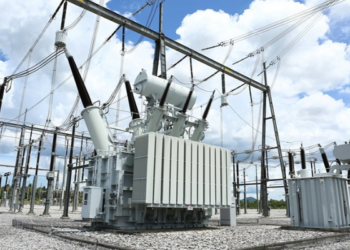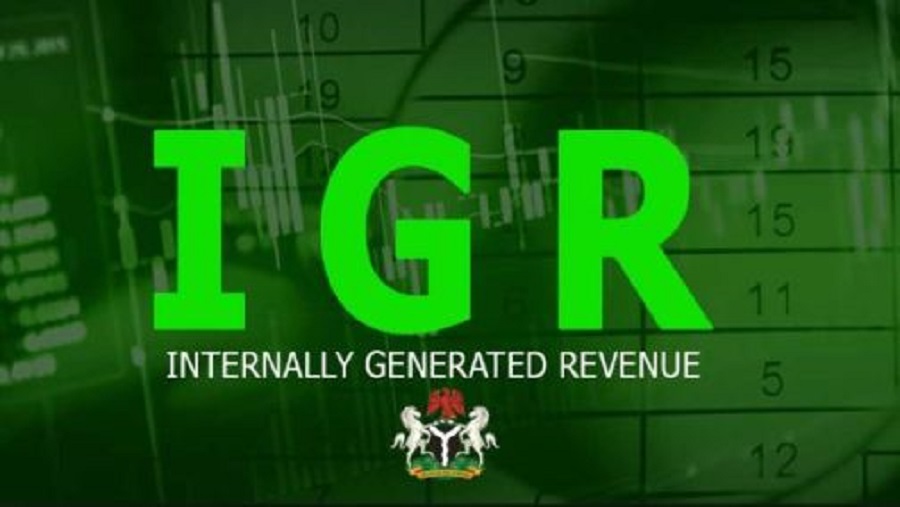The Infrastructure Concession Regulatory Commission (ICRC) has issued new guidelines on Public-Private Partnerships (PPPs), decentralising approval powers to Ministries, Departments and Agencies (MDAs) in a bid to speed up project delivery and attract private sector investment.
The disclosure was contained in a press release issued by the Commission on Sunday, stating that the framework was developed under the ICRC Act, 2005, and in line with a Presidential directive aimed at overhauling Nigeria’s infrastructure delivery through PPPs.
According to the statement, the new rules establish a definitive framework for the conception, development, and execution of PPP projects in Nigeria.
They also empower MDAs with greater approval authority while retaining the ICRC’s oversight role to ensure strict compliance and accountability.
Director General of the ICRC, Dr. Jobson Oseodion Ewalefoh, who presented the guidelines at a high-level stakeholders’ engagement, emphasised that every PPP project — regardless of sector or scale — must comply with the Commission’s due diligence and regulatory provisions.
“The new guidelines are in response to President Bola Ahmed Tinubu’s vision to liberalise the economy and in line with his charge to the ICRC to seek innovative ways to attract private sector finance to build infrastructure through PPPs,” Ewalefoh said.
He added, “These rules establish a definitive framework for the conception, development, and execution of PPP projects in Nigeria. They decentralize project approvals to empower MDAs for faster delivery while safeguarding the ICRC’s role as regulator of PPPs in Nigeria.
More insights
The DG stressed that the ICRC remains a regulator and facilitator, not an operator or grantor of projects.
- He said the Commission will continue coordinating negotiations between MDAs and private proponents to ensure fairness, workable terms, and transparency.
- The Commission added that the Presidency’s move to give MDAs greater approval powers comes with stricter accountability and zero tolerance for non-compliance.
According to the ICRC, decentralising approvals and tightening compliance checks is expected to unlock billions in private investment and strengthen Nigeria’s position as a leading destination for transformative infrastructure projects in Africa.
What you should know
The new PPP guidelines build on a policy approved by President Bola Tinubu in June 2025, which authorised the ICRC to independently approve projects below N20 billion without Federal Executive Council (FEC) clearance. Under this directive, ministries can now greenlight projects under N20 billion, while agencies and parastatals can handle those below N10 billion.
- To support this, the framework introduces Project Approval Boards (PABs) within MDAs to vet and approve eligible projects, subject to ICRC’s certification.
- Larger projects above the threshold or those involving multiple ministries will still require FEC approval.
Importantly, all PPP projects must be fully financed by the private sector, with no federal treasury guarantees or commitments. Regardless of size or scope, every project must pass through ICRC’s regulatory checks before final approval.




















